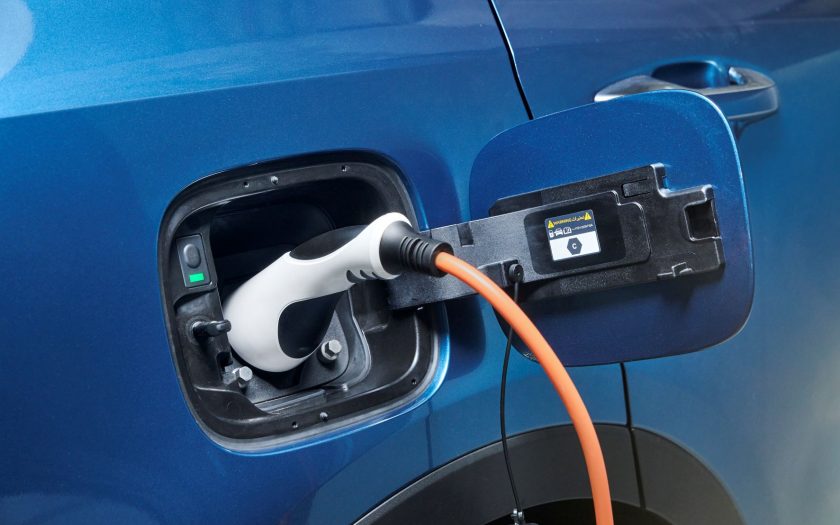DESPITE THE INCREASING prevalence of electric vehicles (EVs) a global study has shown that the benefits are still widely misunderstood.
Teads, The Global Media Platform, today released the results of its comprehensive automotive research in partnership with Kantar. The global study unveiled that only a few brands are already strongly associated with electric vehicles and that there is still education needed as 42 percent of all respondents aren’t aware of the full benefits of an EV car. Connecting with the consumer and educating them further on EVs is key for brands to stay relevant and to build for the EV future.
A supplementary survey on the Teads platform amongst auto-intenders, specifically about impact of chip shortage on consumer purchase, showed that supply issues are seriously affecting purchase decisions. 89 percent of consumers looking to buy a car in the next two years, as well as those looking to buy a car in the next six months, are aware of the existence of a chip shortage. 31 percent say the chip shortage will affect their plans to buy a car, specifically 14 percent of immediate auto intenders globally will consider used cars, nine percent will choose from available brands and eight percent will delay their car buy, that number being five percent among Europeans. Customers also expect price reductions for longer waiting time, with 31 percent of global customers expecting such price reductions if they hold off on their new car purchase, increasing to 34 percent among European auto intenders.
When it comes to advertising for automotive brands, historically TV has been the dominant media choice. However, Teads’ latest research shows that consumers are increasingly relying on digital and this is even more true for EV intenders. Half of EV consumers would consider going through the entire purchasing process online (compared to 35 percent for fuel intenders), and 74 percent of them will continue this trend post-Covid. Given the importance of digital it’s interesting to note that, when looking at online channels that influence the consumer EV journey online, news sites were 1.6 times more influential than social media, and consumers wanted to see video ads that were short, relevant, and skippable.
Digital ads are very powerful at driving action in the automotive market, as 90 percent of consumers interested in purchasing an electric vehicle, and 85 percent of overall car buyers, took action as a result of online advertising. The research from Teads found that visiting an automotive brands website was the most likely action (40 percent) a consumer took after seeing an online auto ad with a further 21 percent stating they would click on the ad.
A brand’s website is also a key touchpoint as 49 percent of EV intenders start their research by visiting the brand’s website, compared to only 28 percent who visit a dealer. Brand websites are also the most influential sources of purchase decisions with 80 percent of EV intenders saying that the website has an impact on their final decision.
Auto intenders can be reached in a variety of contexts, with news and tech being the two most popular types of content before automotive. Furthermore, technological advances should feature highly in EV campaigns as those interested in EV’s value the latest technology (76 percent) more compared to those looking for standard fuel cars (56 percent).
Henner Bloemer, Global Senior Industry Director Teads, commented, “It is important to further build out the brand’s EV profile as brand reputation is key for EV intenders. Established brands have to stay attractive for highly profitable customers in order to grow in an evolving market with new competitor entries, as 57 percent of EV intenders are willing to pay more for an EV car.”
